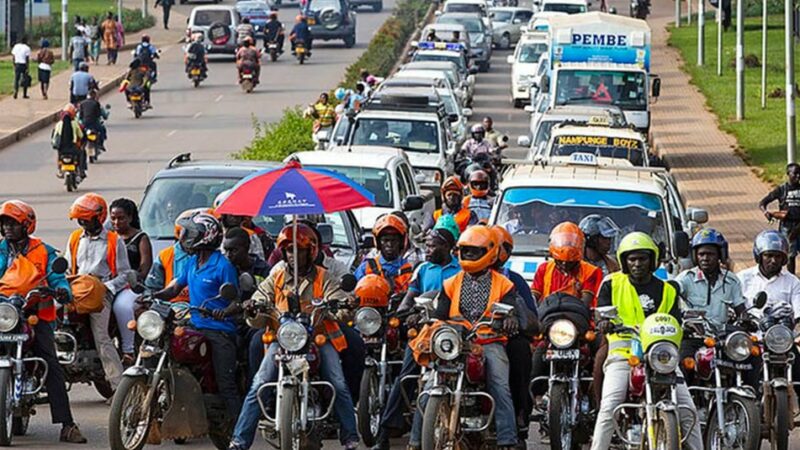South Africa Calls on SADC Countries to Strengthen Collaboration in the Railway Sector

South African Minister of Transport, Barbara Creecy, on Tuesday called on the countries of the Southern African Development Community (SADC) to strengthen their collaboration in the railway sector, an industry that continues to face a myriad of challenges.
The connectivity between the railways of SADC countries offers numerous opportunities to provide cost-effective and seamless rail transport services to their populations. However, the region’s railway industry has been grappling for several years with challenges such as crime, theft, and vandalism, as well as the impact of climate change, said Ms. Creecy in Johannesburg during the 13th annual conference of the Southern African Railways Association.
The SADC has a combined railway network covering about 40,000 km of rail tracks, not counting local branch lines, which highlights the extent of its railway infrastructure and its central role in the transport of passengers and goods across the region, Ms. Creecy noted.
“We are all fully aware that the region’s railway sector faces significant challenges, ranging from aging infrastructure and inadequate funding to issues of security, safety, and capacity. These challenges are further compounded by the need for greater regional integration, increased interoperability, and the harmonization of standards to ensure efficient and competitive railway services,” she stated.
The minister urged SADC countries to adopt cleaner fuels and new technologies to mitigate climate change, as well as to work together to equip their populations with the necessary skills to support continued growth and modernization of the regional railway sector.
The SADC, headquartered in Gaborone, Botswana, is an intergovernmental organization composed of 16 states, including South Africa. Zimbabwe assumed the rotating presidency in August 2024.
Source: Xinhua News Agency





